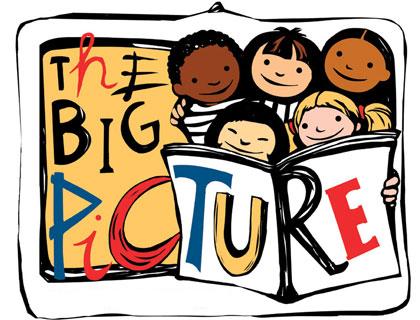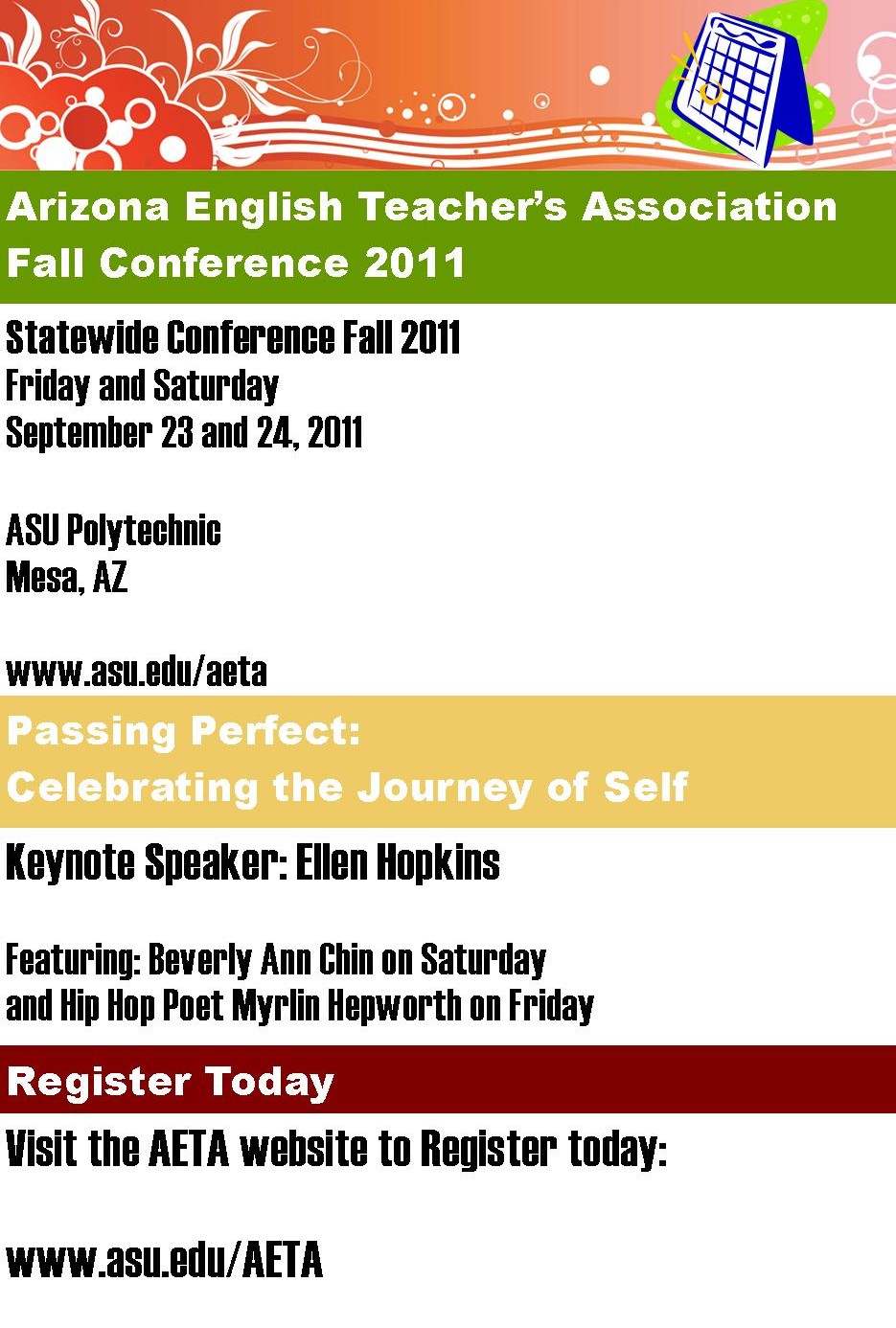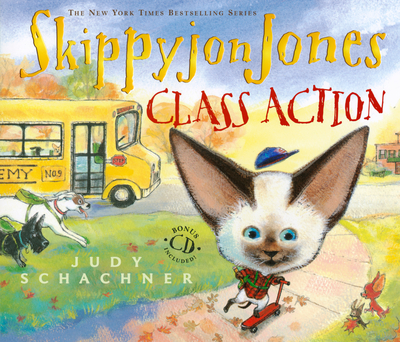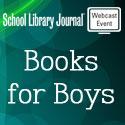Education Nation: Teacher Townhall
NBC News will convene the largest gathering of teachers from across the country for the second-annual nationally televised “Teacher Town Hall.” This special event will be held on Sunday, September 25th, and broadcast live on MSNBC at Noon/ET. Brian Williams, anchor and managing editor of “NBC Nightly News,” will moderate the discussion with help from MSNBC’s Tamron Hall, who will facilitate questions from the audience. NBC News’ Chief Education Correspondent Rehema Ellis will be moderating and reporting an online conversation with teachers across the country during the two-hour live event. The program-for and about teachers- will focus on the most important challenges and opportunities facingRead More →








